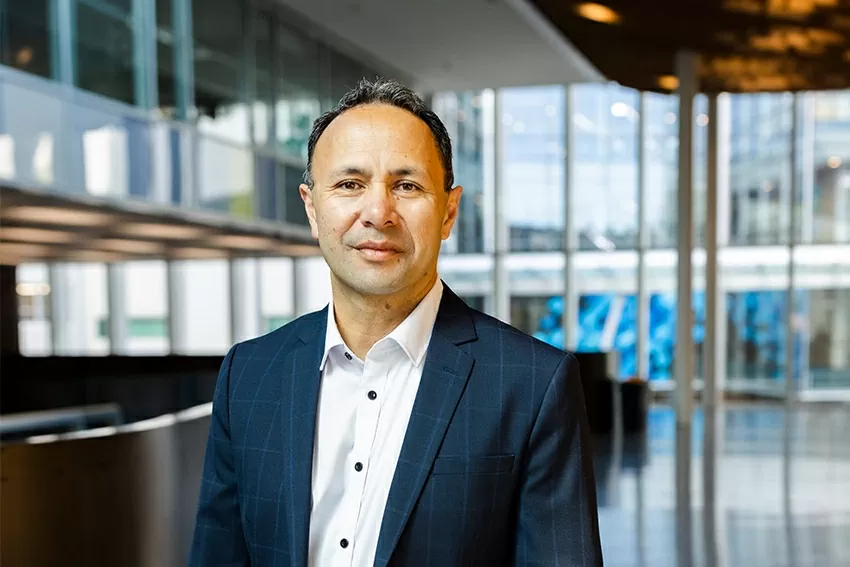 |
| Professor Damon Salesa, President of Auckland University of Technology (AUT) in New Zealand. (Source: AUT) |
Sharing on the occasion of the 50th anniversary of the establishment of Vietnam-New Zealand diplomatic relations (June 19, 1975 - June 19, 2025), Professor Damon Salesa, Rector of Auckland University of Technology (AUT), emphasized that New Zealand was one of the first countries to establish diplomatic relations with Vietnam after the reunification of this Southeast Asian country.
Since then, Vietnam has become one of New Zealand's major trading partners, with bilateral relations growing steadily and increasingly stronger, as evidenced by the fact that Vietnam and New Zealand upgraded their relationship to a Comprehensive Strategic Partnership during New Zealand Prime Minister Christopher Luxon's visit to Vietnam in February.
As a member of the high-level delegation accompanying New Zealand Prime Minister Christopher Luxon on this visit, Professor Damon Sales said that upgrading the relationship to a Comprehensive Strategic Partnership shows the deepening trust, shared values and expanding opportunities between the two countries.
"The new framework is stronger and more structured for collaboration and co-creation between the two countries across all areas, opening the door to greater government support for academic and research partnerships, student exchanges, promoting joint investment in innovation initiatives and capacity building," the New Zealand scholar said.
According to him, this is also an important milestone, demonstrating the high level of trust, ambition and strategic connection between the two countries, especially in the fields of economics, trade and investment, defense and security, education and people-to-people connections. He also noted that Vietnam and New Zealand both have great ambitions in promoting growth, as both sides aim to increase trade turnover to US$3 billion by 2026.
New Zealand scholars have particularly noted the education sector as one of the cornerstones that has played an important role in strengthening bilateral relations. New Zealand’s world-class universities, including Auckland University of Technology (AUT), have built strong partnerships with Vietnamese higher education institutions through student and staff exchanges, joint research and programmes, and capacity building initiatives, first the Colombo Plan and now the Manaaki New Zealand Scholarships.
“These academic relationships lay the foundation for broader collaboration in important areas of the future, supported by the rapid development of information technology and artificial intelligence (AI),” Professor Damon Sales stressed.
During Prime Minister Luxon’s visit, AUT signed a Memorandum of Understanding with Vietnam National University – Ho Chi Minh City University of Science (VNU-HCMUS) to expand their historic relationship with a new focus on research activities in computer science, AI, data science and human-computer interaction.
Professor Damon Salesa affirmed that the memorandum of understanding between AUT and VNU-HCMUS helps to connect and bring Vietnam and New Zealand closer together, playing an important role in conducting research and training students right in Vietnam to help Vietnam solve the skills shortage.
As New Zealand’s only university of technology, AUT is uniquely positioned to support regional countries like Vietnam to conduct research together, promote shared progress and contribute to the new technology economy.
Vietnam is one of the most digitally connected countries in the Asia-Pacific region, with the best digital infrastructure in Asia and a digital economy estimated to be growing at 20% per year. Meanwhile, New Zealand has expertise in ethical AI, digital inclusion and technology-driven sustainable development areas, where significant shared value can be created and collaboration can be enhanced in areas such as digital transformation, the green economy, sustainable energy development and high-tech agriculture.
Although the relationship between the two countries has developed significantly, Professor Damon Salesa believes that there are still areas where Vietnam and New Zealand can further strengthen cooperation, including education with great potential for student exchanges.
“This is a meaningful form of cooperation that helps build mutual understanding, strengthen people-to-people relationships, and train future leaders with global thinking and cultural understanding,” he said.
However, student exchanges between New Zealand and Vietnam remain limited, despite Vietnam’s vibrant culture, dynamic economy and growing importance in the Asia-Pacific region. Professor Damon Salesa said there were a number of reasons for this imbalance, including a relatively low awareness of Vietnam as an exchange or internship destination in New Zealand. In addition, language barriers and logistical challenges make it difficult for students to consider Vietnam as a viable study abroad destination.
Therefore, he said that better promotion of Vietnam as a potential destination, increasing scholarships, funding exchanges at both institutional and government levels to make exchanges more accessible and attractive would help. In addition, direct flights between the two countries should be reopened.
"The potential for cooperation between the two countries is huge, both bilaterally and internationally. As two dynamic countries in the Asia-Pacific region, Vietnam and New Zealand share many common interests in sustainable development, education, innovation, trade and regional stability. There are clear opportunities to expand relations in areas such as digital transformation, agriculture, tourism, education and research to promote the strengths of both countries. Universities can play an important role as a bridge connecting knowledge, people and industries of the two countries," Professor Damon Salesa affirmed.
Internationally, Vietnam and New Zealand also have great potential to cooperate on global issues such as climate change, food security, digital equity and security in forums such as the Asia-Pacific Economic Cooperation (APEC) and the Comprehensive and Progressive Agreement for Trans-Pacific Partnership (CPTPP).
Professor Damon Salesa concluded that success will be determined by the willingness of both countries to engage in a long-term strategic partnership by building a shared vision and investing in people, innovative, resilient and globally connected infrastructure. In particular, education plays an important role in contributing to the future success of the partnership between the two countries, as well as the contributions of Vietnam and New Zealand to the global community.
Source: https://baoquocte.vn/hoc-gia-new-zealand-giao-duc-gan-ket-con-nguoi-va-quan-he-song-phuong-318121.html



![[Photo] Prime Minister Pham Minh Chinh receives CEO of Samsung Electronics](https://vphoto.vietnam.vn/thumb/1200x675/vietnam/resource/IMAGE/2025/8/26/373f5db99f704e6eb1321c787485c3c2)
![[Photo] Prime Minister Pham Minh Chinh chairs meeting of National Steering Committee on International Integration](https://vphoto.vietnam.vn/thumb/1200x675/vietnam/resource/IMAGE/2025/8/26/9d34a506f9fb42ac90a48179fc89abb3)
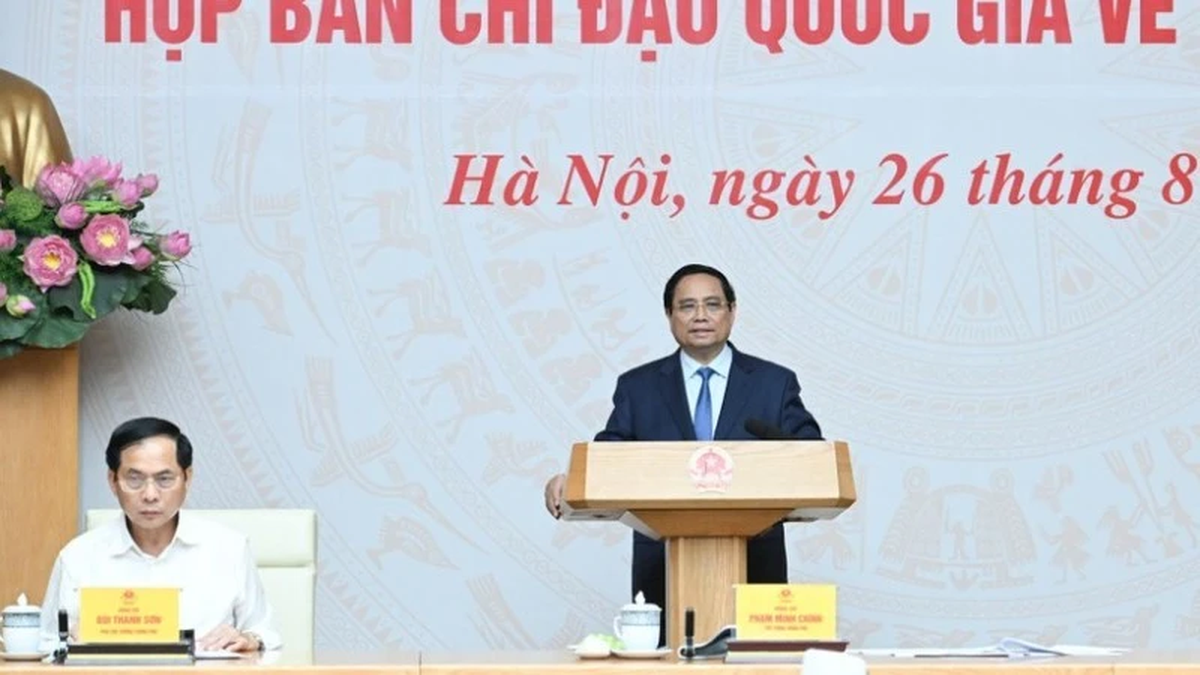
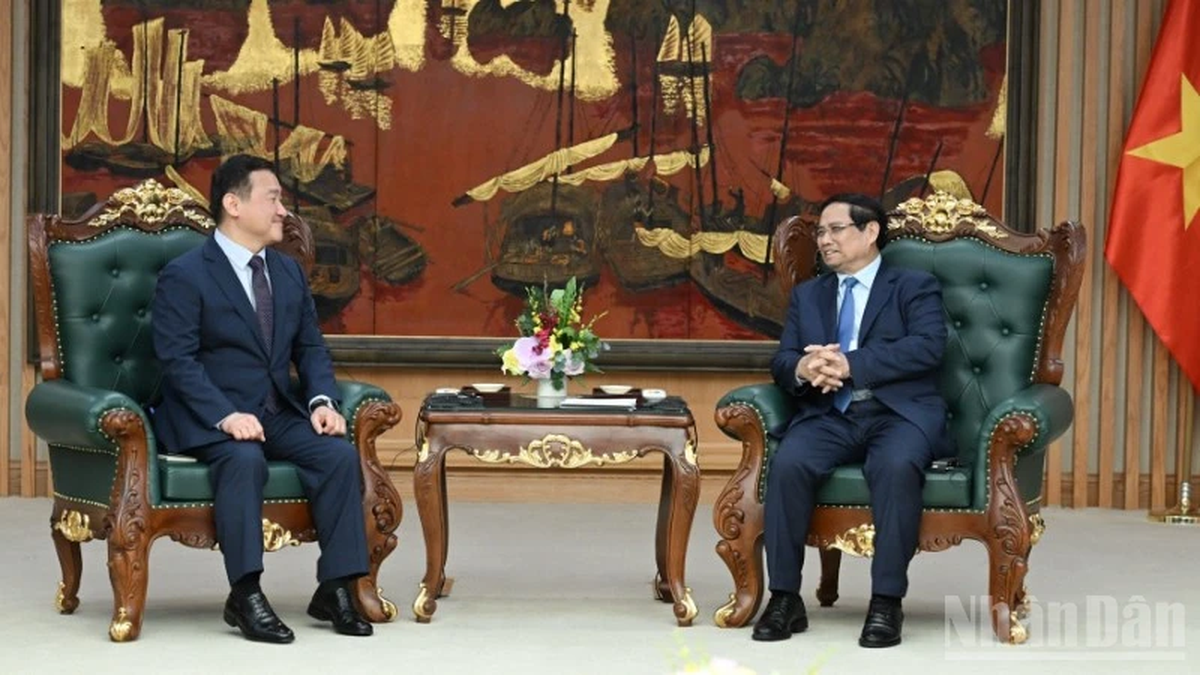

![[Photo] Multi-colored cultural space at the Exhibition "80 years of the journey of Independence - Freedom - Happiness"](https://vphoto.vietnam.vn/thumb/1200x675/vietnam/resource/IMAGE/2025/8/26/fe69de34803e4ac1bf88ce49813d95d8)
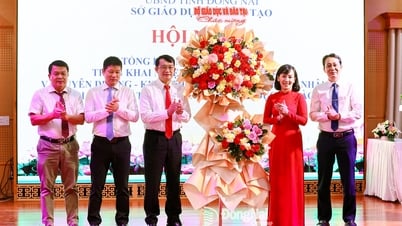

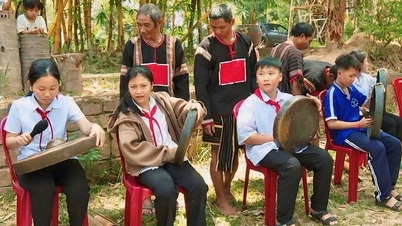

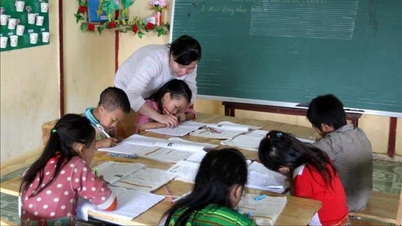






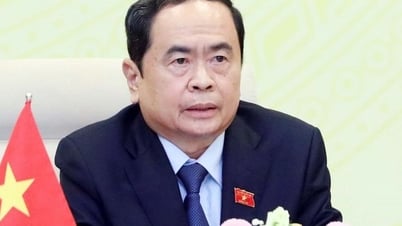

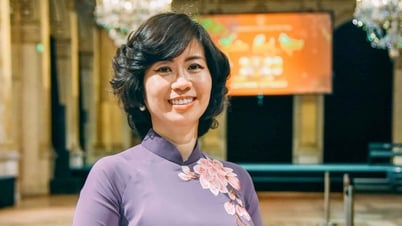
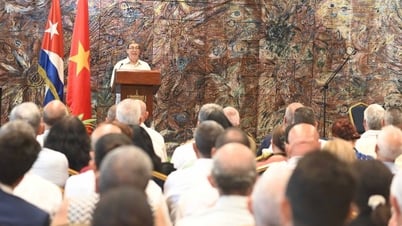
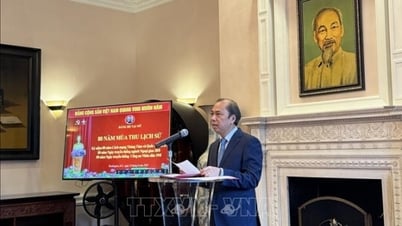
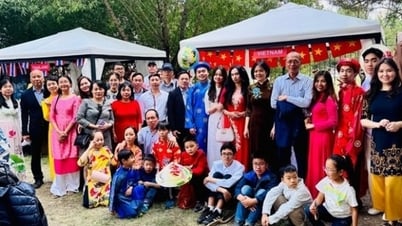
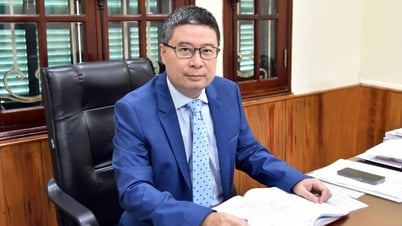




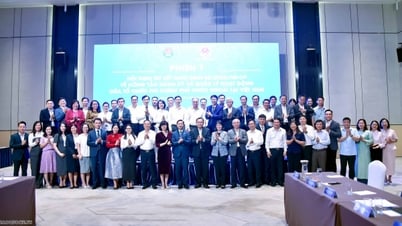
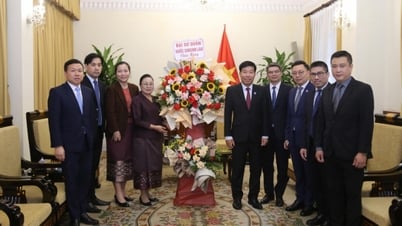
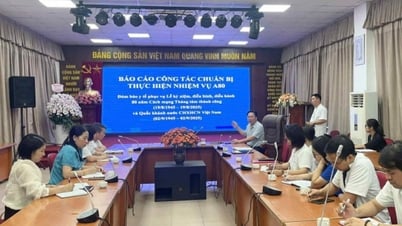
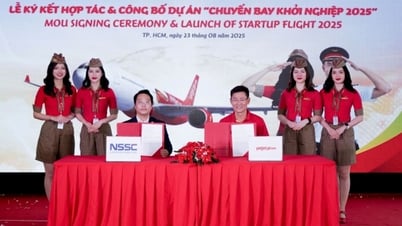
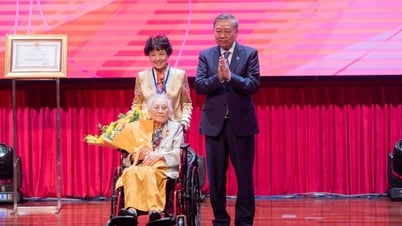





























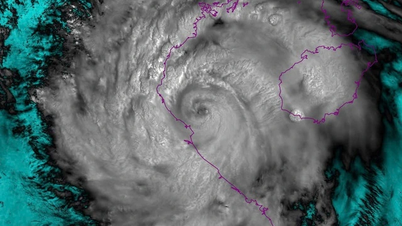


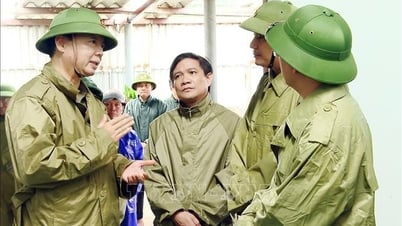

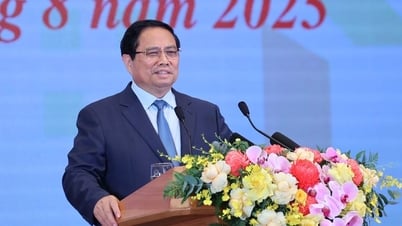



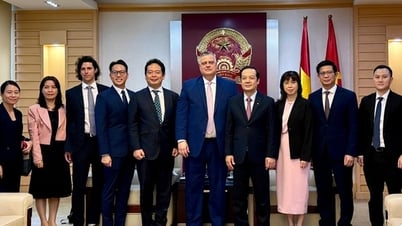

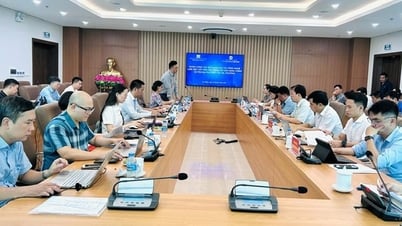
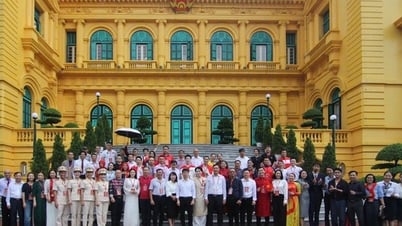
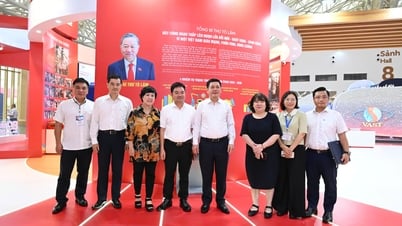





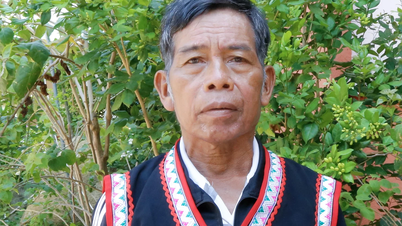

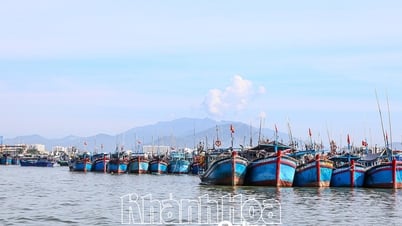
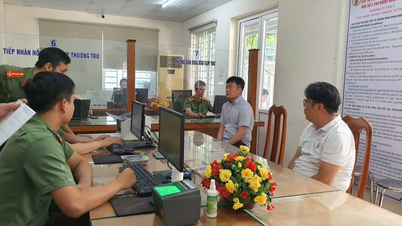
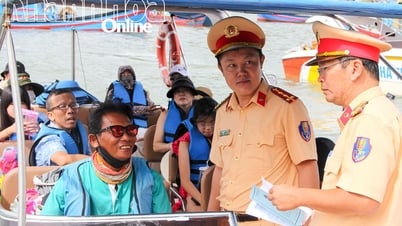





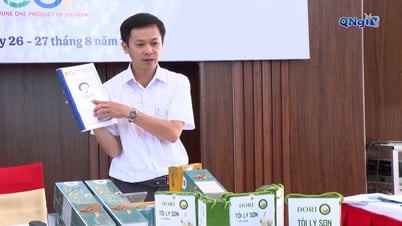





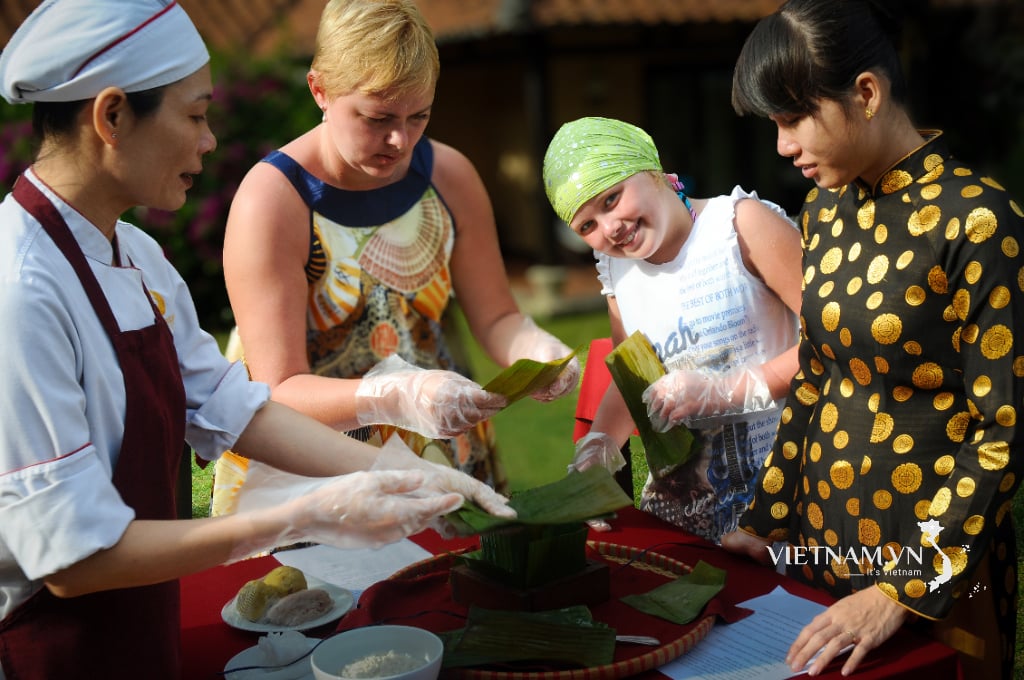



Comment (0)